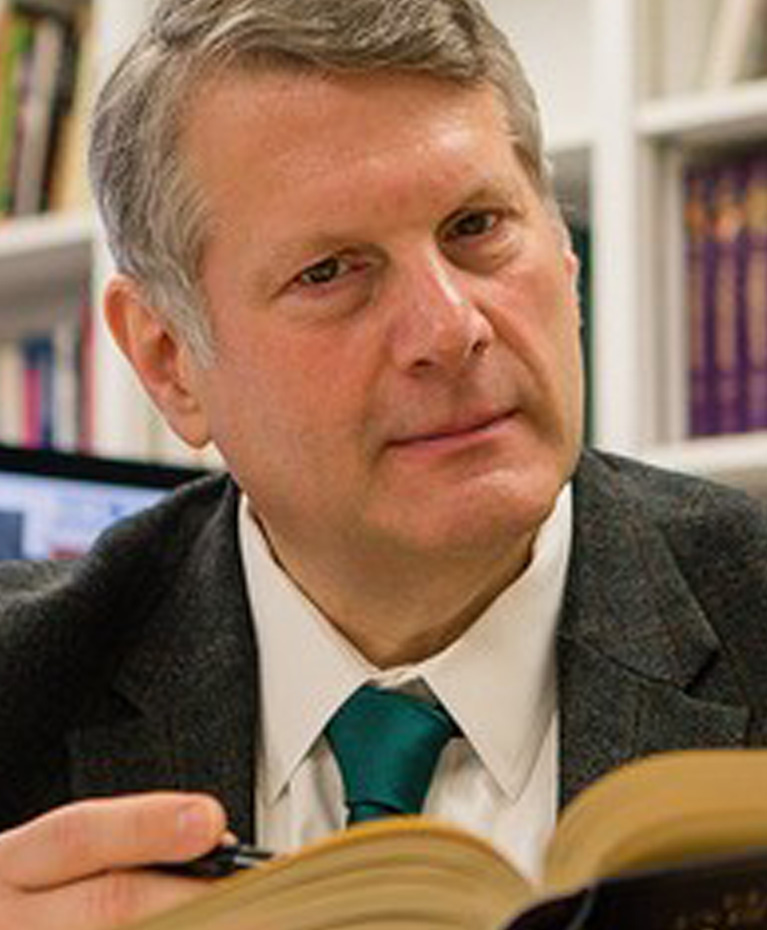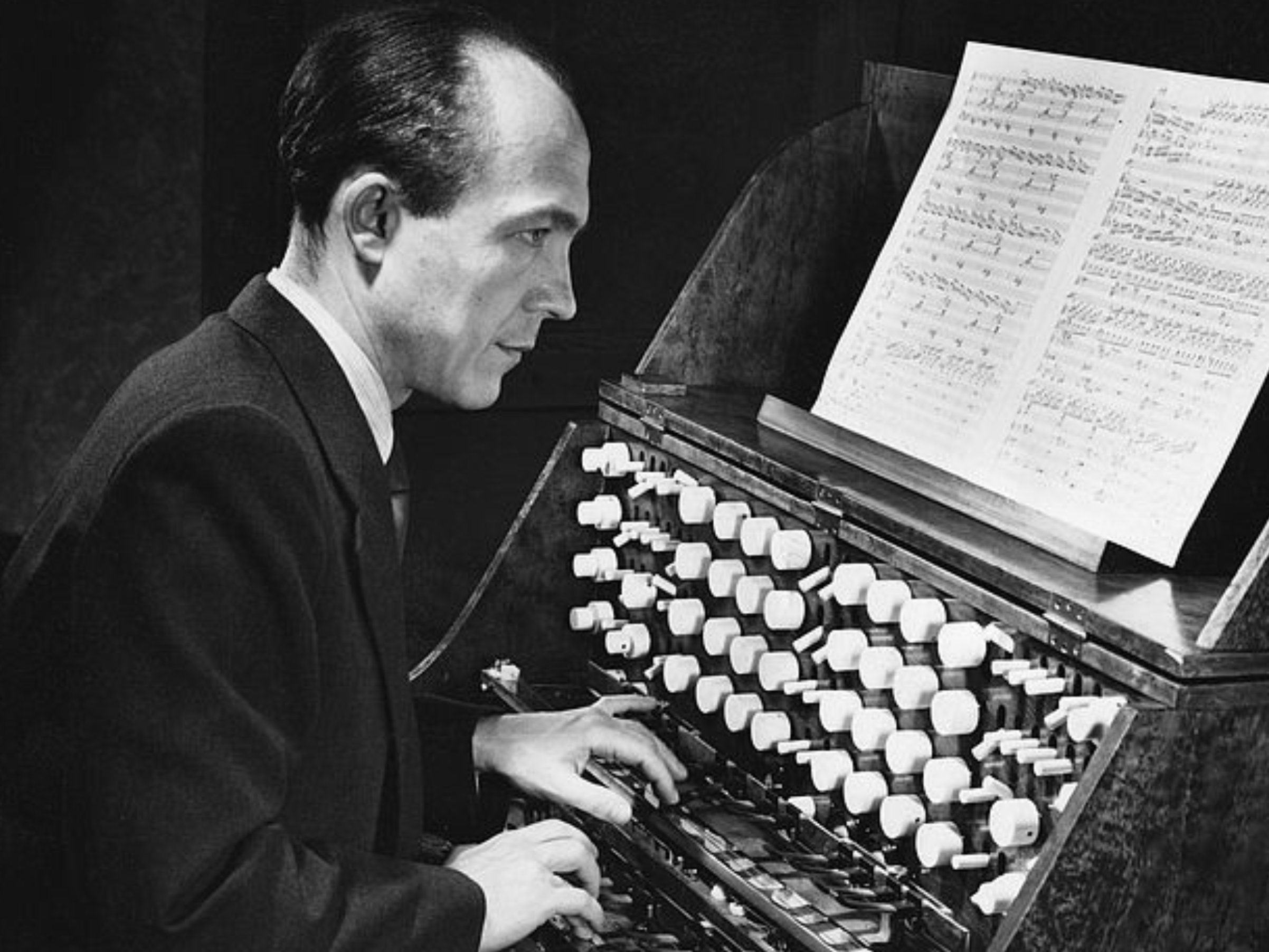
Albers-Schönberg Professor in the History of Science, Institute for Advanced Study, Princeton
Marcus Bierich Distinguished Visitor - Class of Spring 2023
Myles W. Jackson is the inaugural Albers-Schönberg Professor in the History of Science at the Institute for Advanced Study in Princeton and a professor in the history department at Princeton University. He was the inaugural Dibner Family Professor of the History of Science and Technology at the NYU School of Engineering and the inaugural Research Excellence Professor of NYU-Gallatin. While at NYU, he was also affiliated with the Langone School of Medicine and the School of Law. Jackson has also taught at Harvard University, Caltech, and the University of Chicago and has worked on topics in the history of science and technology such as the history of artisanal knowledge and optical glass manufacturing, the relationship between physics and music over the past three centuries, and the role of intellectual property in biomedical research.
Jackson is the author of three books, all published by MIT Press: Spectrum of Belief (2000), Harmonious Triads (2006), and The Geneology of a Gene (2015). He is the editor of Perspectives on Science: Gene Patenting (2014) and co-editor of Music, Sound, and the Laboratory from 1750 to 1980 (University of Chicago, 2013).
Jackson is the recipient of the Paul Bunge Prize of the German Chemical Society for the best work on the history of scientific instruments; Hans Sauer Prize for the best work on the history of inventors and inventions; Reimar Lüst Alexander von Humboldt Research Prize; and Caltech’s Francis Bacon Award for Lifetime Contributions to the History of Science and Technology. He has been a research fellow at the Dibner Institute for the History of Science and Technology (MIT), a fellow at the Max-Planck-Institute for the History of Science in Berlin, Robert Bosch Fellow of the American Academy in Berlin, and a fellow at the Wissenschaftskolleg zu Berlin. He is a member of Leopoldina—the German National Academy of Sciences—and acatech—the German National Academy of Science and Engineering.

